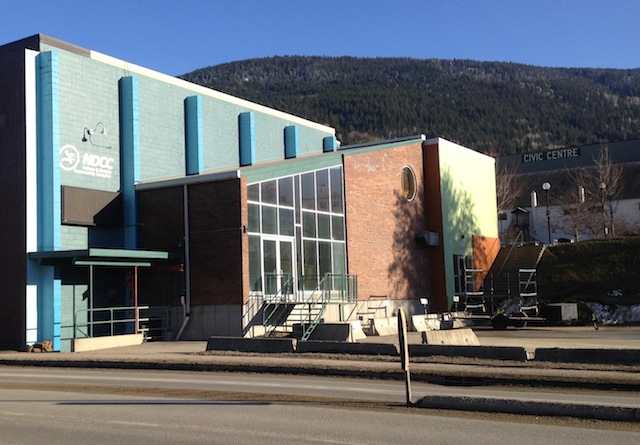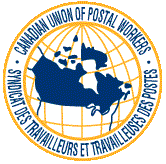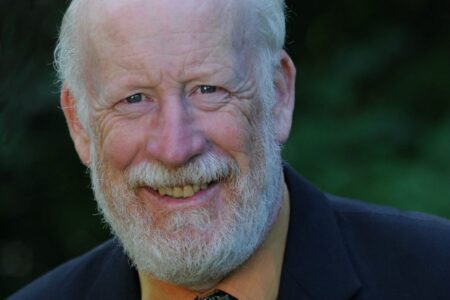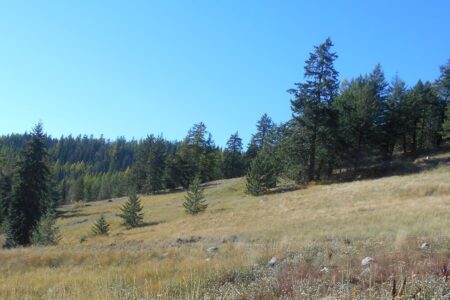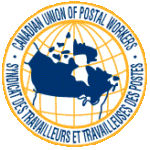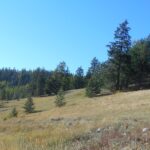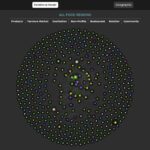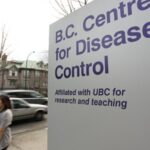Rural residents may be asked to contribute more to aquatic centre through taxation
A $4.9 million renovation to the aquatic centre will start in April, shutting down the use of the pool until the fall. In the meantime, Nelson and surrounding rural areas will revamp their process for deciding how much some of the rural areas will pay in taxes to support the facility.
Currently, citizens in some rural areas don’t pay anything, although some of their residents use the facilities. Everyone pays the same at the aquatic centre door, taxed or not, regardless of where they live.
Since 1973, the costs of regional recreation (including the aquatic centre) have been borne through taxation based on property assessments in:
- City of Nelson
- Area F (the north shore from Kokanee Park to Bonnington)
- the west part of Area E (Blewett)
Residents in the following areas do not contribute:
- the eastern portion of Area E (south shore of Kootenay Lake, and north shore Kokanee Park to Queen’s Bay)
- Area H (Slocan Valley)
- Area G (Ymir, rural Salmo)
- Area I (Tarrys, Thrums, Pass Creek)
Currently, according to Nelson’s city manager Kevin Cormack, 60% of the cost of regional recreation is paid by Nelson, 28% by Area F, and 12% by area E.
According to the 2011 census, the combined population of the rural areas surrounding Nelson (Areas E, F, G and I) is approximately the same as the population of Nelson.
The recreation commission is a Regional District of Central Kootenay (RDCK) body that oversees regional recreation including the community complex. Its members are Area E representative Ramona Faust (chair), Area H representative Tom Newell, Nelson mayor Deb Kozak, and Nelson councillors Valerie Warmington and Janice Morrison.
At a recent meeting of the commission, Nelson’s representatives stated that the city would support and contribute to the upgrades to the aquatic centre if the RDCK agrees to revamp its method of taxation for regional recreation including the aquatic centre, making it more equitable. The recreation commission took this resolution to the RDCK board, which adopted it at a meeting on January 28.
The RDCK’s agreement that it will investigate greater regional funding equity is in principle only. So far it is unknown how a new taxation system would work, whether areas that don’t currently contribute would be asked to pay, how this would be decided, and what sort of public input process would be involved.
New taxation for regional recreation including the aquatic centre could be a hard sell for some rural residents, whose level of use of the facility covers a broad scope, from never or only occasionally, to weekly or daily. For example, some may have used it in the past when their kids were at home, but no longer, while others may have just started because of fitness programs for seniors.
That mix of usage levels is the same as that in Nelson itself, where some residents might use the aquatic centre rarely or never, but are still taxed for it (like the library, the ice rink, and the city parks).


